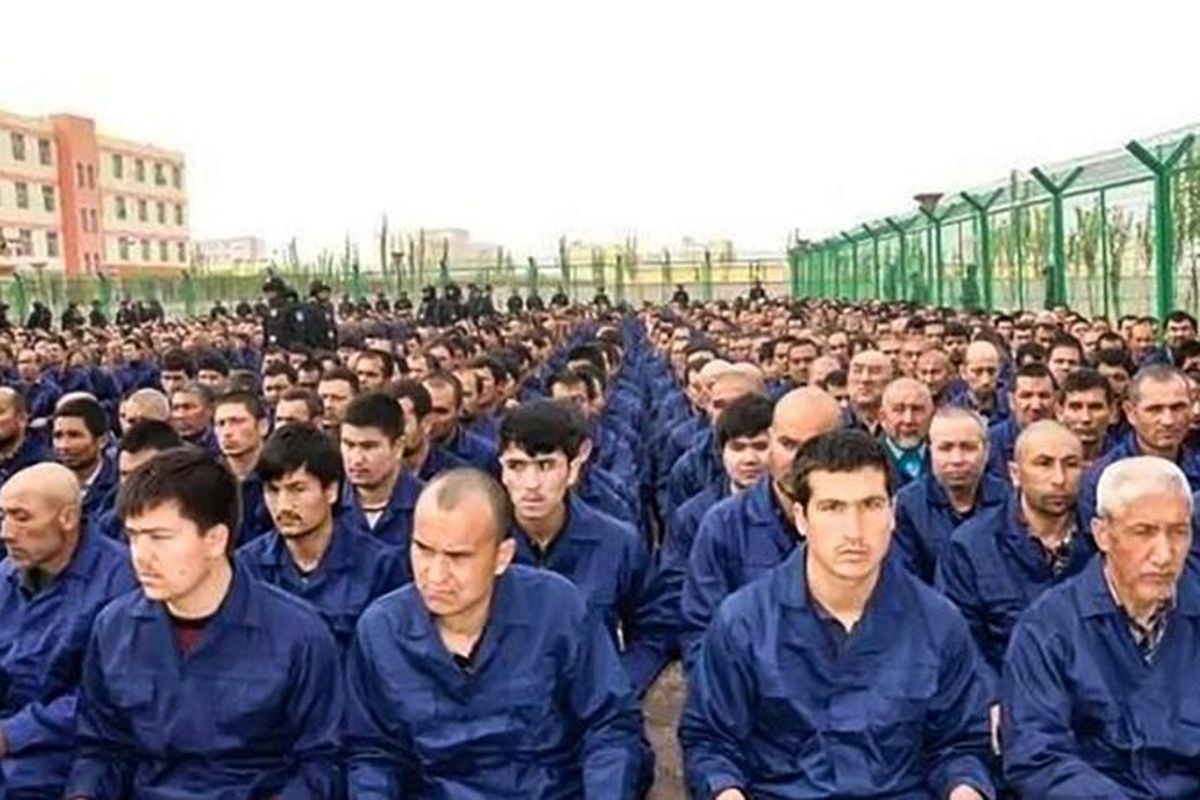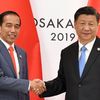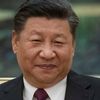US: Chinese Goods Made by Forced Labor Harder to Detect

WASHINGTON, KOMPAS.com – Major brands are finding it increasingly difficult to detect Chinese goods made from forced labor, according to US officials.
The United States has stepped up the blocking of imports of Chinese goods made in Xinjiang, but the top US anti-human trafficking official said that spotting slave-made goods is becoming increasingly complex.
Ambassador-at-Large John Richmond said reports that forced labor by the Chinese government had spread beyond Xinjiang to other provinces complicated the process of due diligence for global firms.
"It is increasingly difficult for well-intentioned international companies to track exactly which products in their supply chain are made with forced labor," Richmond told a Zoom call with journalists.
Read also: Demolished Mosques in Xinjiang Intensify Concerns about China's Human Rights Abuse
Richmond added that the United States would continue its efforts to connect companies with activists and non-profits to help call attention to abuses such as forced labor in China.
"US companies do not want to unwittingly support forced labor and neither do US consumers," Richmond said.
The Xinjiang region in northwest China is home to a large population of Uighur people, a Muslim minority that has faced mass detention in Chinese government camps.
An Australian think tank earlier this year found that tens of thousands of Uighurs were moved to work in factories in other parts of China.
Read also: Over 300 NGOs Urge UN to Investigate China’s Human Rights Abuse
Another program in rural Tibet, where workers are being transferred into military-style training centers, was reported by Reuters in September and defended by officials in Chinese-administered Tibet this week.
China's government has denied the mistreatment of the Uighurs in Xinjiang and the presence of forced labor in Tibet.
A representative for the Chinese Embassy in the United States said all workers in Xinjiang entered into contracts with employers and that the issue of forced labor there was a rumor created by anti-China media.
"Such a rumor has not a shred of fact in it," the Chinese representative said via email.
The US government's criticism of China comes at a time of bilateral trade tensions between the two countries.
Read also: In “New Cold War with China”, Germany Demands Europe and US Stand Together
Separately on Thursday, US Customs and Border Protection (CBP) said it had detained the import of 32 cartons of women's leather gloves from Xinjiang on the suspicion they were made with forced labor.
CBP has issued 13 orders to block Chinese goods it suspected were made with forced labor in fiscal year 2020, including eight on goods from the East Asian country.
Some activists have asked for a broader detention order on goods from Xinjiang, but Richmond declined to say whether he was in favor of it.
Read also: US Imposes Trade Sanctions on Chinese Companies as Muslim Abuse Complaints Heat Up
"We obviously want to consider the merits of that, but what we want to do as the United States is send a clear message that products that are made with forced labor are not going to be allowed to come into the United States," he said.
A committee of lawmakers in Britain on Friday wrote to several leading brands to ask about their sourcing of Chinese goods and whether they were profiting from the forced labor of Uighurs in Xinjiang.
(Writer: Christine Murray, Thomson Reuters Foundation | Editor: Ellen Wulfhorst)
Source: https://news.trust.org/item/20201016155823-9936h
Simak breaking news dan berita pilihan kami langsung di ponselmu. Pilih saluran andalanmu akses berita Kompas.com WhatsApp Channel : https://www.whatsapp.com/channel/0029VaFPbedBPzjZrk13HO3D. Pastikan kamu sudah install aplikasi WhatsApp ya.

































